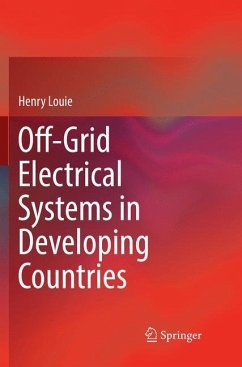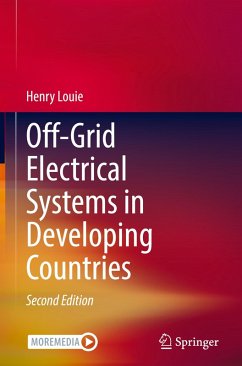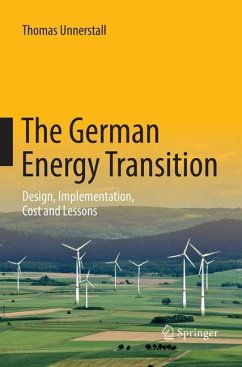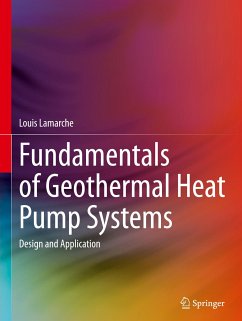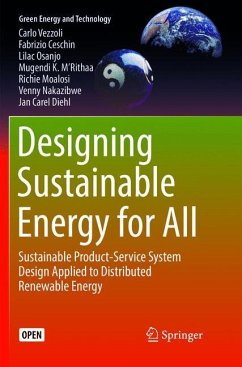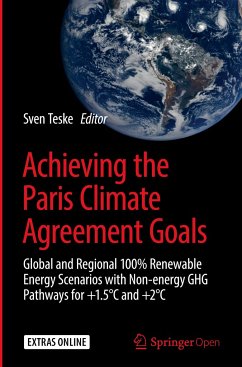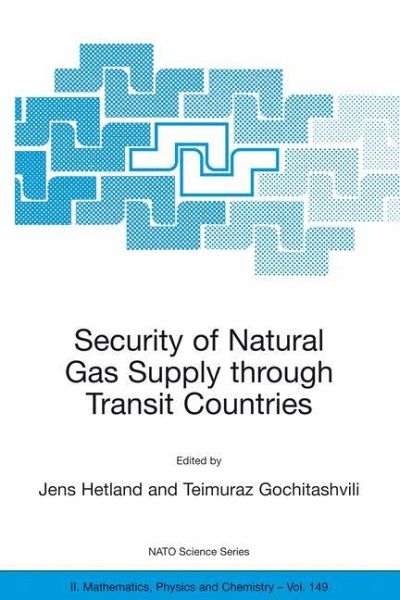
Security of Natural Gas Supply through Transit Countries
Versandkostenfrei!
Versandfertig in 1-2 Wochen
77,99 €
inkl. MwSt.
Weitere Ausgaben:

PAYBACK Punkte
39 °P sammeln!
Jens HETLAND & Teimuraz GOCHITASHVILI In contrast to oil, natural gas is usually routed through pipeline systems stretched from the wellhead to the end-user - although liquefied natural gas (LNG) is gaining increased interest; the commercialisation of natural gas fields is inherently linked to rigid transportation systems that require huge investments in tangible assets fixed to specific locations; the supply of natural gas is constrained by the transportation system, and requires access to appropriate infrastructure for transport and distribution; the trading of natural gas is traditionally a...
Jens HETLAND & Teimuraz GOCHITASHVILI In contrast to oil, natural gas is usually routed through pipeline systems stretched from the wellhead to the end-user - although liquefied natural gas (LNG) is gaining increased interest; the commercialisation of natural gas fields is inherently linked to rigid transportation systems that require huge investments in tangible assets fixed to specific locations; the supply of natural gas is constrained by the transportation system, and requires access to appropriate infrastructure for transport and distribution; the trading of natural gas is traditionally associated with long-term contracts, albeit the duration per se of gas transport contracts appears to be less important after the deregulation of the energy markets. As diversification is strategically important to modern societies, the security of energy supplies becomes an inherent issue. In order to avoid situations of shortage, and to keep the price level stable, industrial nations are paying attention to the security of energy supplies. In brief terms this means that having more than one supplier of natural gas and more than one transport route would be strategically important. This also affects political issues and international law and regulations, economics, science and technology. The purpose of this book is to address opportunities extended from science and research pertaining to the exploitation and international trading of natural gas that involves transit countries. This especially relates to the transport and handling of gas from remote regions and pipelines that are



